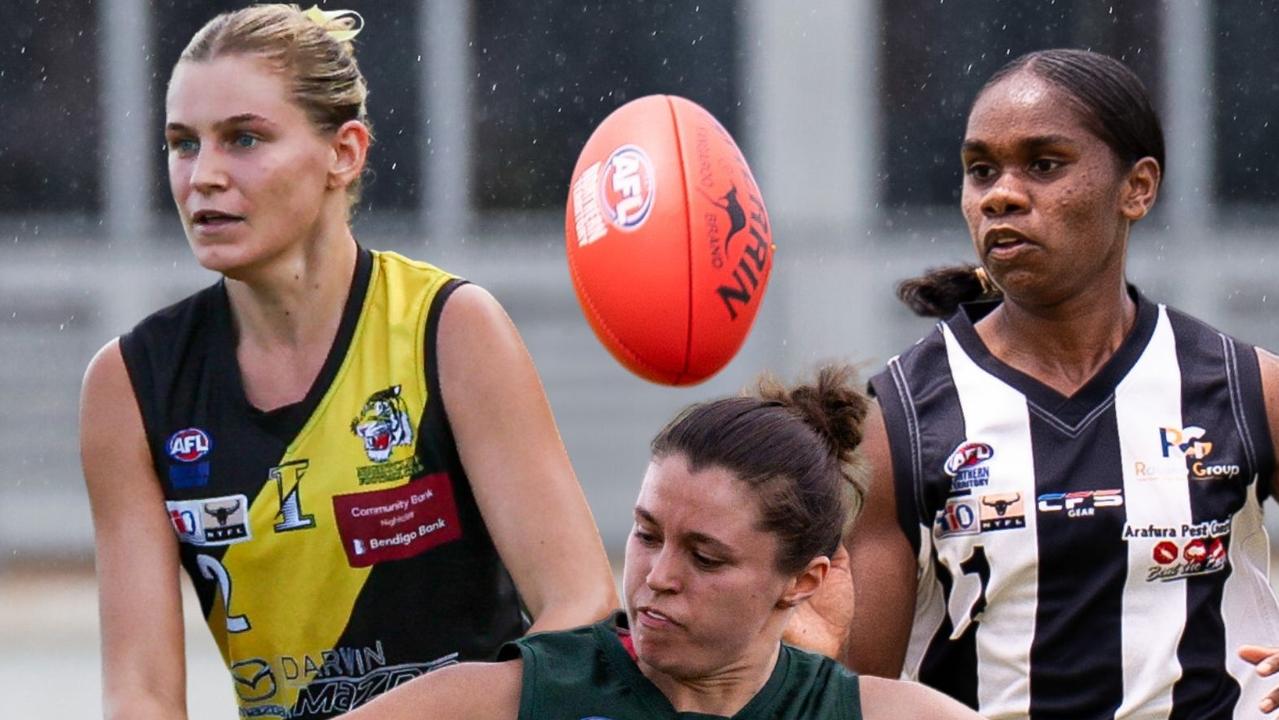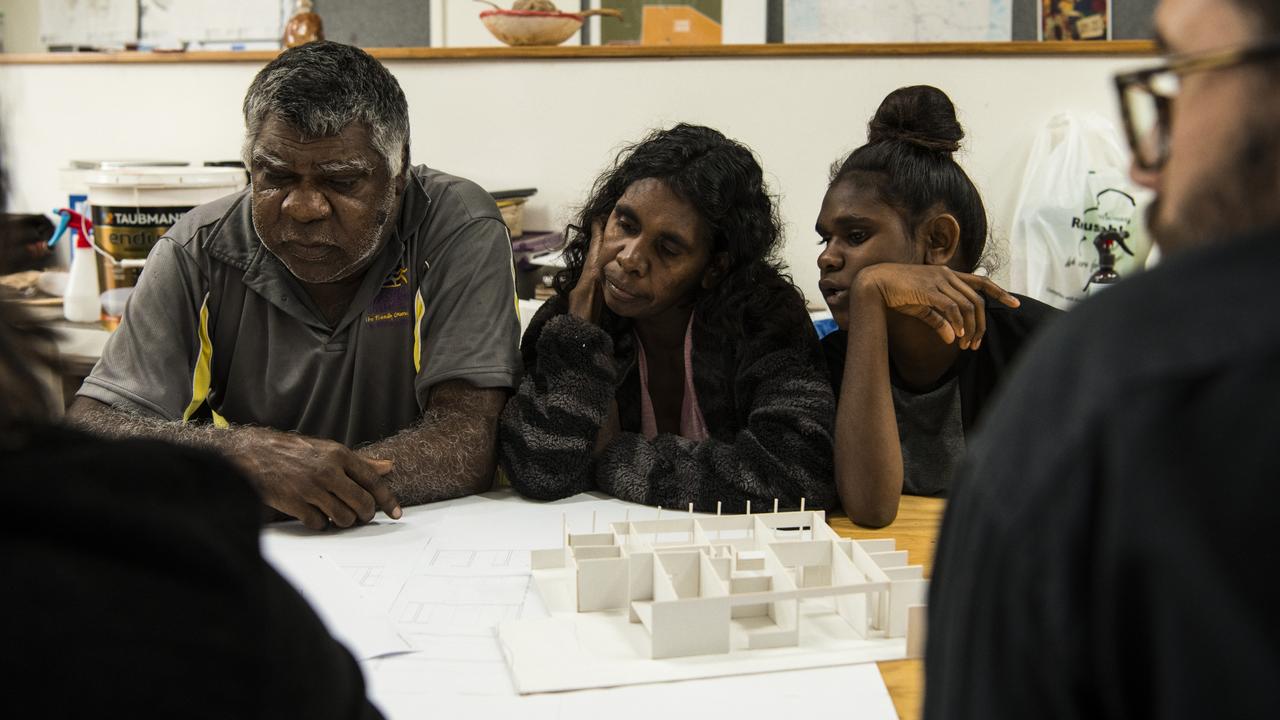Michael Kalimnios’ family donates $40k to renal, kidney care in NT
The family of a staunch health advocate has donated $40k to NT renal care to honour his memory.
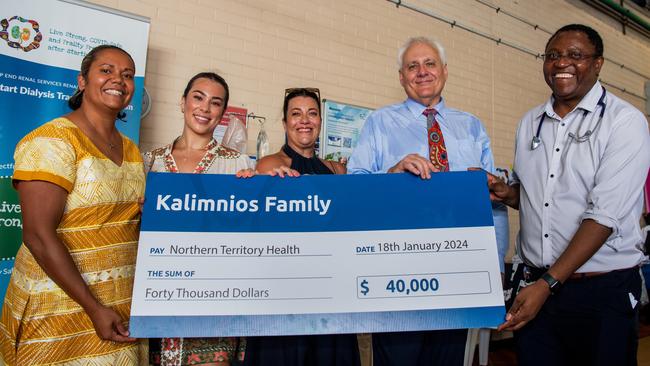
News
Don't miss out on the headlines from News. Followed categories will be added to My News.
A $40,000 donation to renal care across the NT will keep a Top End Health boss’ legacy alive for decades to come.
Michael Kalimnios’ family is remembering their loved one as a passionate and strategic health advocate with a generous, calming soul.
Through a generous donation made in his name thanks to family members George Kalimnios and Renee and Alexandra Pappas, Territorians will not only have better access to renal treatment, but clearer communication around their personalised care.
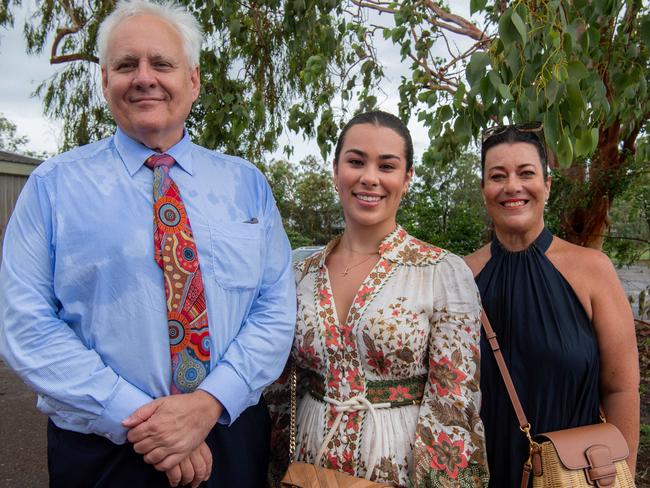
Mr Kalimnios said his brother was particularly interested in extending healthcare availability to Indigenous Territorians.
“He was on dialysis himself for two years before a kidney became available and he had a kidney transplant,” he said.
“(His interests) blended together in terms of Indigenous care in the renal space.”
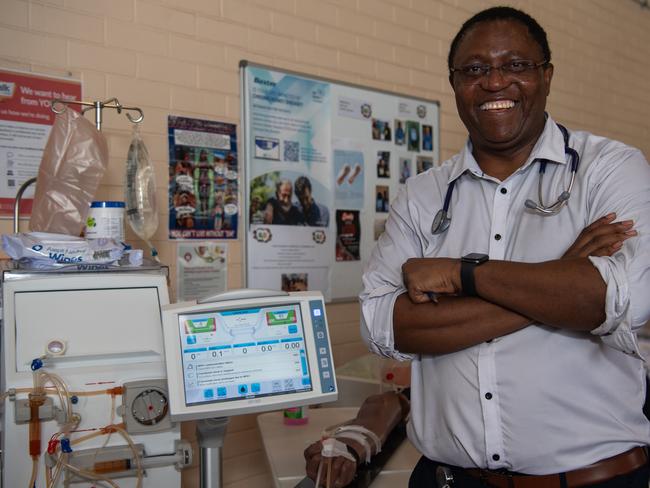
Top End Renal Services director William Majoni said the donation would help deliver services to Territorians in communities.
“One of NT Health’s main renal strategies is to provide care closer to home,” Dr Majoni said.
“We are hoping that in addition to what we are providing now, we’ll be expanding this program.
“Not only will we have people doing self-care dialysis... but we will also be able to provide supported dialysis in the community, which means that more people can go home.”
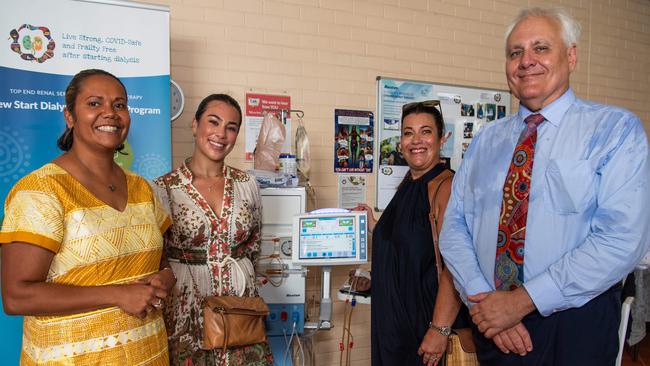
Health Minister Selena Uibo said the number of renal patients in the NT was growing and the Kalimnios family’s donation would ensure the right structures were in place to support patients and workers.
Ms Uibo said patient-centric care was critical to the growing need for renal treatment.
“It’s really generous obviously for the Kalimnios family to honour their loved one who had a history here in health, but also a history with renal care as well in their own family,” she said.
“I’m particularly recognising that a majority of our dialysis patients are Aboriginal Territorians.
“Are there other ways that we can make sure that things are culturally safe, appropriate, patient-centred?”



